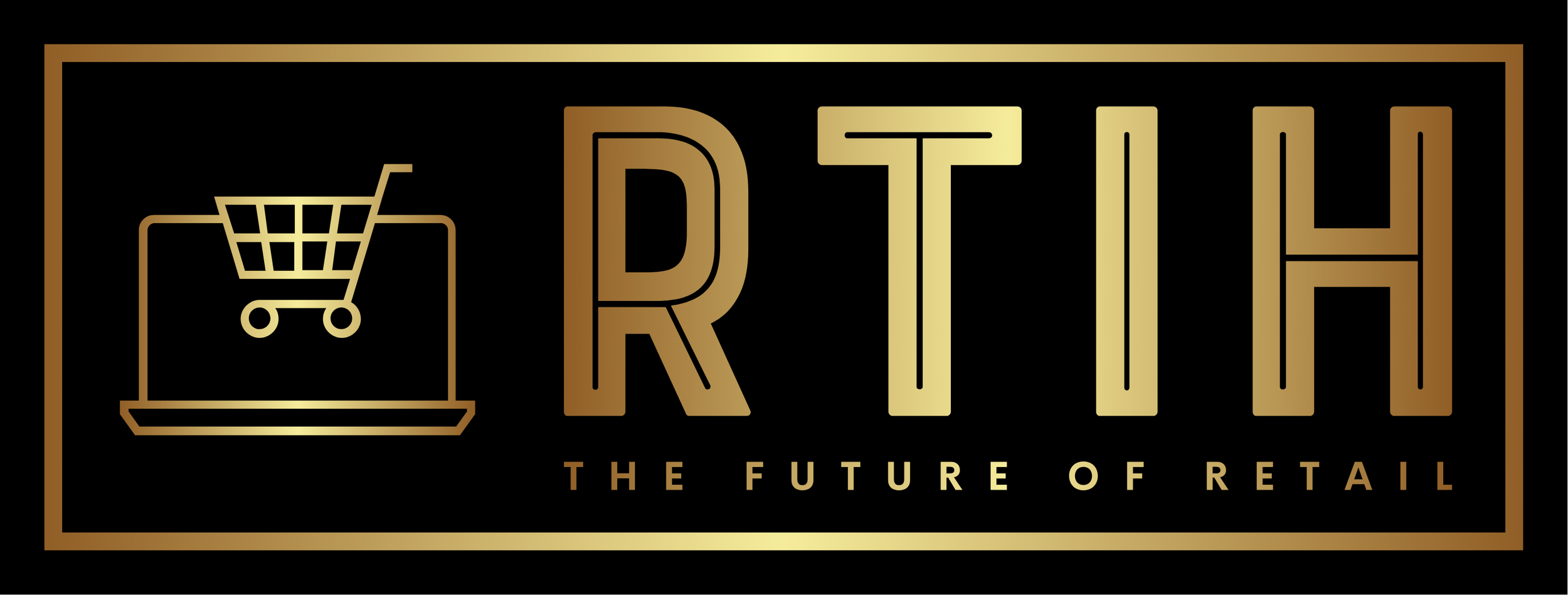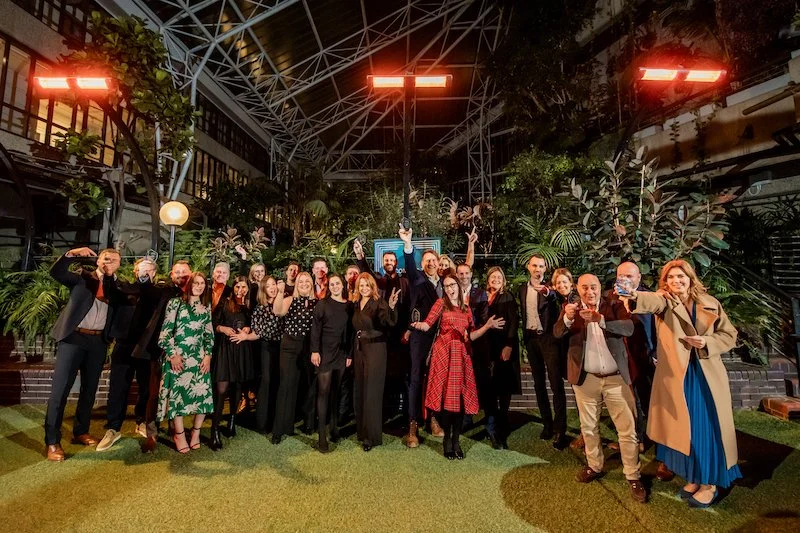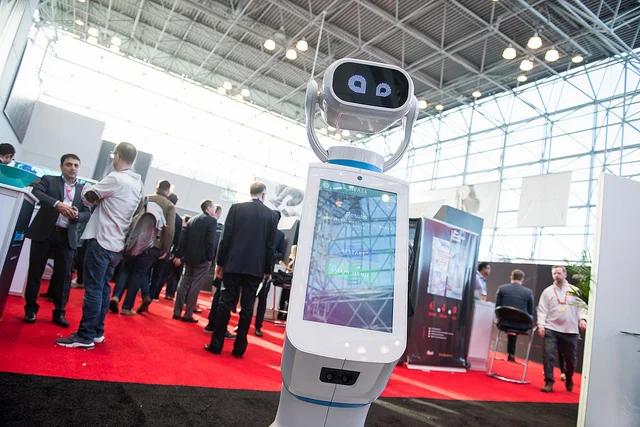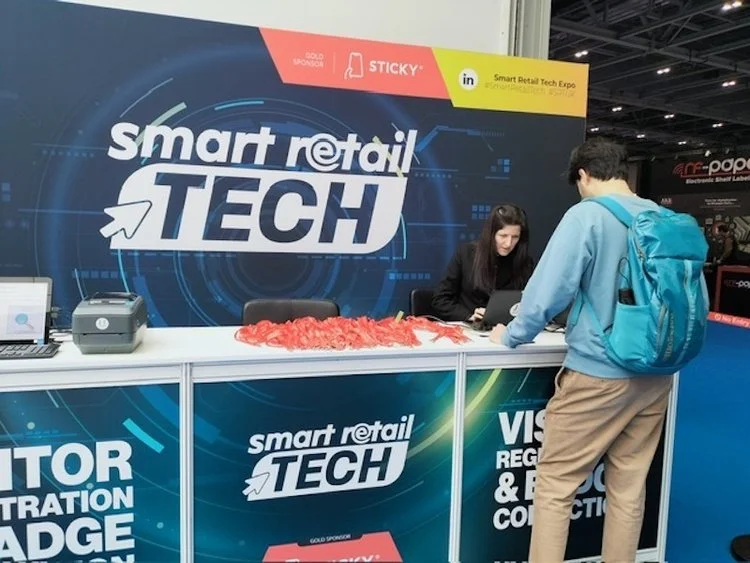Instacart enlists Fabric for robotic fulfilment centres initiative
Instacart has announced plans to offer automated fulfilment as a service to grocers in North America, and it has inked a multi-year deal with Fabric as part of the initiative.
The service will combine Fabric’s software and robotics with Instacart’s proprietary technology and gig shoppers for fulfilment inside dedicated warehouses and existing retailer locations.
Instacart plans to kick off early stage concept pilots in partnership with grocery retail partners over the coming year. This is the company’s first move beyond its legacy store-based fulfilment offering.
Also of interest: Five big retail technology predictions for 2021
“We’re proud to serve as the chief ally to retailers during a time when e-commerce in North America is poised for accelerated adoption,” says Mark Schaaf, Chief Technology Officer, Instacart.
“Our next-gen fulfilment initiative combines our robust technology suite and dedicated community of shoppers with robotics solutions to give retailers even more innovative ways to compete and serve their customers online.”
“Our next-gen fulfilment work will also help reduce some of the things that make in-store shopping cumbersome for Instacart shoppers, like crowded store aisles, out of stock items and long checkout lines.”
“Over the long-term, we believe partnering with retailers to bring next-gen fulfilment technologies, together with the personal touch and care of Instacart’s shopper community, will create an even more seamless online grocery experience that’s faster and more affordable for customers and delivers even more value and growth to retailers.”
“Everything about our micro-fulfilment solution has been built for speed, efficiency, and elasticity to meet today’s on-demand requirements,” says Elram Goren, CEO and Co-founder, Fabric.
“This partnership with Instacart is another validation that our tech and operations are best fit to serve retailers’ next-gen fulfilment needs.”
“Our software led robotics and modular solution gives grocery retailers the flexibility to build the fulfilment solution that best fits the needs of their business.”
“With Instacart as a partner, we see an enormous opportunity to integrate our product and services into its e-commerce solutions to provide a compelling service offering for grocers.”
“incredibly vulnerable”
Brittain Ladd, a former Amazon exec and supply chain consultant, was underwhelmed by Instacart’s announcement.
“They timed the release of their partnership with Fabric as close to their going public date as possible,” he said in a LinkedIn post.
“They are doing everything they can to give the appearance that they’re a leading technology company and the smartest people in the grocery industry. They’re not. Not even close. Instacart are incredibly vulnerable.”
He added that Gorillas, Gopuff, Jokr, Dija, and Getir all pose a threat to Instacart to some extent.
The latter also faces serious competition from Uber, and “if they would work smarter and be more bold, DoorDash.”
“I anticipate that Uber will acquire GoPuff, and invest heavily in creating a rapid grocery delivery model that offers faster service and more choices than Instacart,” Ladd wrote.
“DoorDash can acquire Jokr, and partner with a 3PL to also launch automated micro-fulfilment centres.”
He concluded: “If I ran DoorDash, I guarantee that the company would be able to convert more than 50% of Instacart’s customers to be DoorDash customers.”
“As for Shipt? They have the wrong CEO and executive team. Shipt could have launched MFCs but they are laggards.”
Sign up for our free retail technology newsletter here.
-
Southeastern Grocers, parent company of Fresco y Más, Harveys Supermarket and Winn-Dixie grocery stores, is deployi… https://t.co/Q5En8j6cEc
-
Check out the week's coolest retail technology plays, including @obsessVR @OcadoGroup @AEON_JAPAN @braincorp… https://t.co/RH2BIf6Jol
-
RTIH presents the retail technology week in numbers, including @CovariantAI @RetailTechShow @DennysDiner… https://t.co/WURUUgdCr0
-
Our Editor @ScottThomps74 rounds up the biggest retail tech stories from the past week including @BootsUK… https://t.co/IWj7BebUB1









